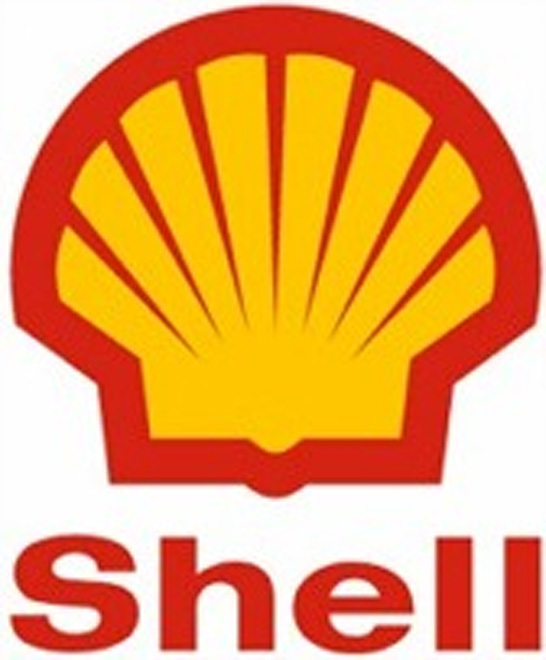Kazakhstan, Astana / corr Trend K.Konirova / Martin Ferstle, the Managing Director of Shell Kazakhstan Development, stated on 16 May that he does not see any rivalry between the Burgas-Aleksandrupolis and the Baku-Tbilisi-Ceyhan (BTC) oil pipelines, because they are both independent routes.
Kazakhstan is able to obtain a quota on pumping of up to 17mln tons of oil a year via the Burgas-Aleksandrupolis at the expense of expanding the CPC pipeline.
On 10 May the Russian President, Vladimir Putin, reported in Kazakhstan on the possibility of export of the considerable part of the Kazakh oil via the Burgas-Aleksandrupolis pipeline. The possible discharge capacity of this 285km-long pipeline is 35mln tons with a possible increase to 50mln tons a year.
A total of $4blnhas been spent on the construction of the BTC 1,768km pipeline. This sum does not include fulfillment of the pipeline, financial expenses and payment of bank rates. Credit allocated for the project has amounted to $2.6bln.
According to Ferstle, initially BTC will transport Azerbaijani oil, and later it will pump Kazakh oil to the Ceyhan port.
At present BTC pumps oil produced from the Azeri-Chirag-Guneshli fields. Following the commencement of the first oil production from the Kazakh field of Kashagan, part of the crude will be exported via BTC. Some foreign participants in the Kashagan project are investor of the BTC pipeline and hold share in its discharge capacity.
"The Burgas-Aleksandrupolis is designed for Russian oil, but not only oil that is received through the CPC pipeline. Therefore, I am not concerned with any rivalry of these two pipelines," Ferstle stated. He noted that the major issue is the possibility of oil transportation to world markets. "As to the route, it does not make any difference,' he added.
The discharge capacity of CPC is 28mln tons per year. In 2006 the pipeline transported 31.1mln tons. To increase the pumping was possible using chemical regents in the pipeline. In 2006, 24.3mln tons of the entire volume of oil was exported from Kazakhstan, 7mln from Russia. The total project capacity of CPC is to total 67mln tons a year in the final stage.






